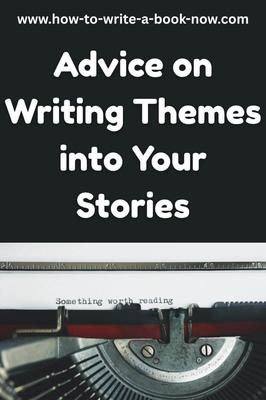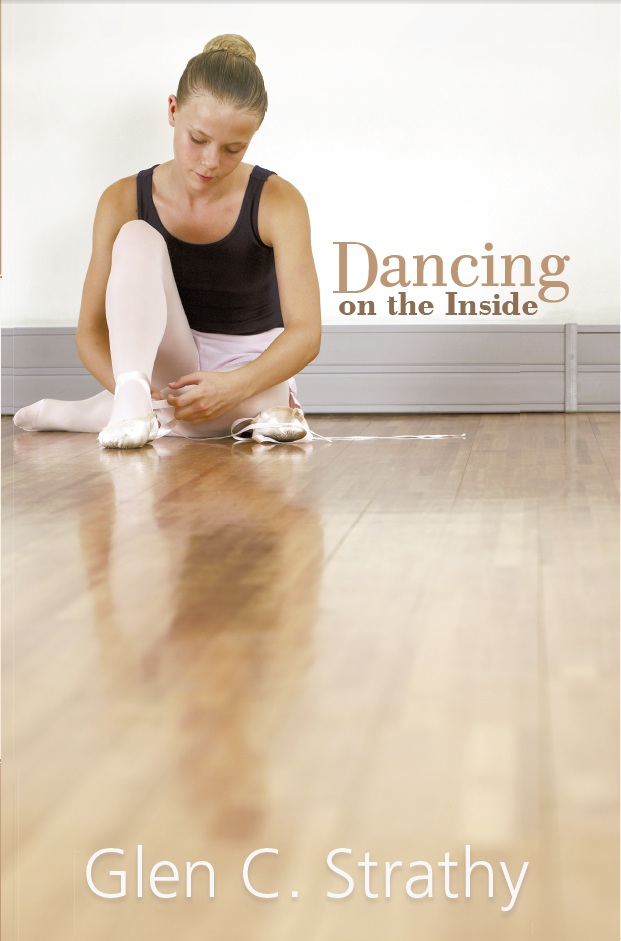Best way to end scenes?
by Shelby
(Utah)
Hello there!
I've fallen prey to the hundreds of writing books out there. So naturally, I have read some contradicting information and was wondering if you could help me out. My current WIP has scenes ending sometimes when a big reveal is about to happen (a hook/disaster) and others when the location changes. I've read once that scenes take place in one single location, meaning the next scene should be a new location. But I've also read that scenes should all end in disaster or dilemma. Even the Sequel/reaction scenes I've read should go reaction, dilemma, decision and some say to leave off the decision till the next scene and just leave them with a dilemma. So my question is how to end my scenes? Can I have two side by side scenes with different GCD even though they take place right after each other/same location?
Example: Character A sees some alarming scene but then finds a secret compartment. I ended with her reaching into the secret compartment (hook)
Scene 2 is her going through the compartment and it ends with getting chased by someone (another disaster)
But should these two scenes be tied since they are right after each other in the same location? And what about scenes that end with something being resolved? How can I possibly leave every scene on a disaster/dilemma? Help! Thanks!
Answer: First, the definition of "scene" as a piece of action that takes place in continuous time at a specific place is a very old definition taken from drama. In most classic plays, each scene presented one event (change) and you would switch locations for the next event.
Over the centuries, writers have realized that there are many exceptions to that concept. For example, you can have a play in which all the events from start to finish take place at one location (one set). You can also have a film sequence in which one event involves action that is occurring in several different locations at the same time.
I find that it is much better to think in terms of events rather than scenes. An event is an irreversible and meaningful change that gives characters new purposes or sends them off in a new direction. An event can be either an action or a decision.
It is often true that one scene will be about one event. (That's a very neat way to write it.) However, events
The way you tell where one event ends and the next begins is that the resolution of each event will be a change. Someone acquires a new purpose, makes a new decision, or acquires a new problem.
It's often quite helpful to think of each major event in your story as a four-part sequence consisting of ...
Setup --> Complication --> Crisis --> Resolution.
That's the basic dramatic arc that applies to not just events but also your overall plot, subplots, or even trilogies. A novel is one big event, one change, that is composed of a series of smaller events (acts), composed of still smaller events (scenes/chapters), etc.
Now, for your question about where to end a scene...
Think about how each event will be resolved. Most events in your story will resolve themselves with the character(s) taking on a new purpose. That's what propels the story forward. The reader wants to see what happens when they follow through on that purpose. Only the last event of a plotline will resolve the entire sequence of action by bringing the overall purposes to a peaceful end.
So a logical place to end a chapter or a scene is just when an event is resolved and the characters have taken on a new purpose. The reader is looking forward to seeing what will happen next, and so is more willing to read "just one more chapter."
In the example you give, you might ask yourself what the big event or change is. Is it the character moving from being a bystander to a potential victim?
If so, you can make it a sequence such as (and this is just an example; I don't know your story)...
Setup: Heroine witnesses a crime.
Complication: Villain sees her and realizes she witnessed his misdeeds.
Crisis: She attempts to escape with him in pursuit.
Resolution: He catches her. (Now her new purpose is to escape, protect her own life, or possibly stall him until help arrives.)
If you ended the scene/chapter there, the reader would be compelled to keep reading to find out what happens next to the heroine.
Hope that helps.
Comments for Best way to end scenes?
|
||
|
||
|
||
|
||
|
||
- Home
- Writing Questions
- Best way to end scenes?















